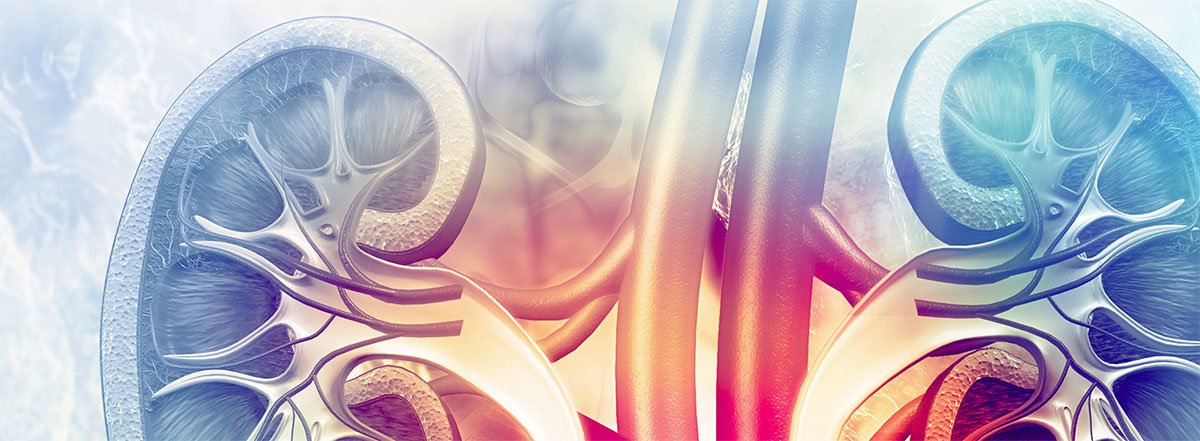Understanding Hemodialysis
Hemodialysis is a treatment used when your kidneys are no longer able to clean your blood the way they should. Healthy kidneys remove waste, extra salt, and fluid from your body. If they stop working, you’ll need either dialysis or transplant to stay healthy.
Hemodialysis uses a machine that does the job of your kidneys. Blood is drawn out of your body, cleaned through a special filter, and then returned.
Where Can I Get Hemodialysis?
You have options:
- At a dialysis center (in a clinic or hospital), where trained staff monitor you during each treatment.
- At home, where you and/or a caregiver learn how to use the equipment. Many people find home dialysis gives them more freedom and may help them feel better overall.
How Long Does Dialysis Take?
It depends on the type of dialysis:
- In-center dialysis: Usually 3 times a week, with each session lasting about 4 to 5 hours.
- Home dialysis: You may do it more often (3 to 7 times a week). Some people dialyze during the day, while others do it overnight while they sleep. Sessions may be 3 to 10 hours long, depending on your medical needs.
How Do I Prepare for Dialysis?
Before starting dialysis, your provider at Renal Specialists of Houston will send you to a surgeon to create a way for your blood to flow to and from the dialysis machine. This is called a vascular access, and there are three main types.
- AV Fistula – The best option for most people. A surgeon connects an artery and a vein under your skin, usually in your non-dominant arm. It takes 2–4 months to heal and “mature” before use.
- AV Graft – If your veins aren’t strong enough for a fistula, a soft tube (graft) connects the artery and vein under your skin. It heals faster (about 2–3 weeks) but is more likely to get infections or clots.
- Catheter – A flexible tube is placed into a large vein (usually in the neck). It's used when dialysis needs to start right away, but it's meant to be temporary since it has the highest risk of infection.
What Happens During a Dialysis Session?
- If you have a fistula or graft, two small needles are placed in your arm.
- If you have a catheter, tubes are connected directly to it.
- Blood is drawn out, cleaned in the machine, and returned to your body.
- Your vital signs (like blood pressure and heart rate) are monitored during treatment.
What Side Effects or Problems Can Occur?
While many people do well with dialysis, some experience symptoms such as:
- Lightheadedness or fatigue
- Nausea or cramping
- Breathing difficulty
- Access issues, such as infections or blockages
Let your care team know right away if something doesn’t feel right—most problems can be managed.
Caring for Your Access
- If you have a fistula or graft:
- Wash the area daily with soap and warm water.
- Never let anyone take blood, place an IV, or check blood pressure on that arm.
- Feel for a “buzzing” vibration daily—if it’s missing, call your provider.
If you have a catheter:
- Keep it dry and covered with a clean dressing.
- Never remove or change the dressing yourself.
- Ask your care team when it’s safe to shower.
Can I Travel While on Dialysis?
Yes! People who do home dialysis may be able to bring their machine. If you get dialysis in-center, your care team can help you arrange treatments at another center while you travel.
Can I Work While on Dialysis?
Yes, you can still work while on dialysis! Here are some simple tips to help make it easier:
- Talk to Your Employer. Let your boss know about your condition and treatment needs. The more they understand, the easier it will be to plan around your dialysis schedule and make any needed adjustments.
- Plan Around Your Treatments. Set a regular dialysis schedule and share it with your employer. Don’t forget to allow time for travel and rest—dialysis can be tiring.
- Explore Work-from-Home Options. If your job allows, working from home—full- or part-time—can give you more flexibility and make it easier to manage your energy and appointments
We know that kidney disease may require you to make significant life changes – and that may include starting dialysis. Renal Specialists of Houston is committed to helping you manage your kidney disease every step of the way!
When you subscribe to the blog, we will send you an e-mail when there are new updates on the site so you wouldn't miss them.



